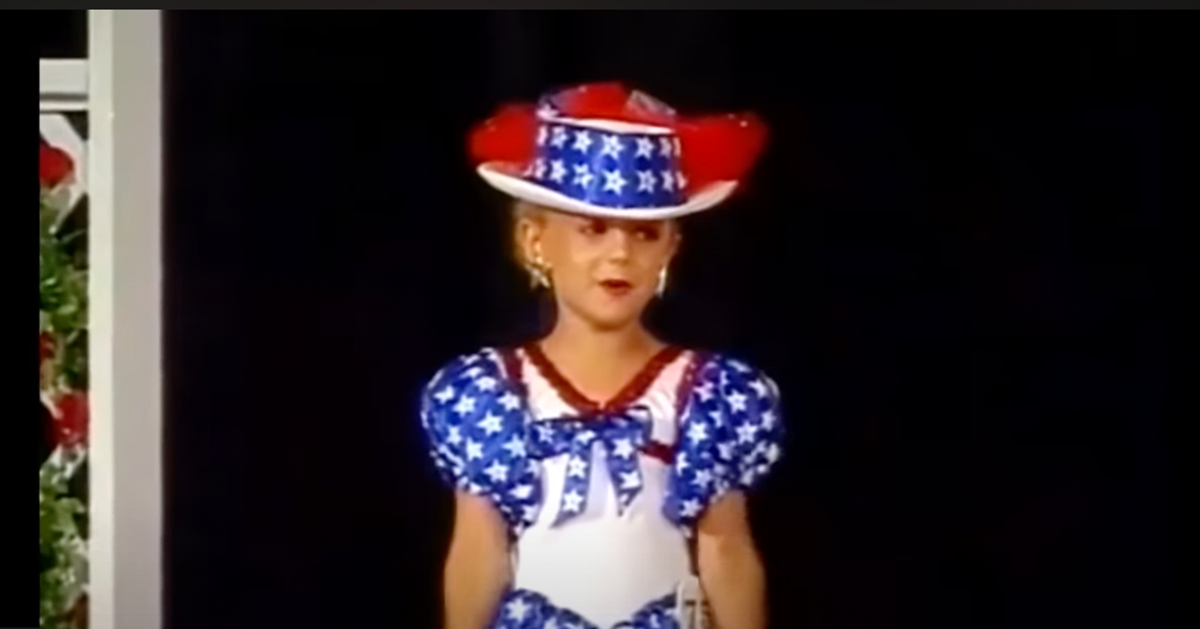Trump Supports Vance Amid Criticism of 'Childless Cat Ladies' Comment
In a recent turn of events, Donald Trump has come to the defense of his vice presidential pick, J.D. Vance, over comments that sparked widespread debate.
Amid a flurry of backlash and calls from some corners to choose a replacement running mate, Trump defended Vance's remarks about "childless cat ladies," emphasizing the importance of family values in the potential VP's political positions.
In 2021, Vance, now the GOP vice-presidential nominee for the 2024 election, made controversial comments in an interview in which he labeled Democratic leaders as "childless cat ladies." He suggested that these leaders lack a direct stake in America’s future, sparking a discourse on family involvement in politics.
Vance's Remarks Ignite a Political Firestorm
The backlash was swift, with critics coming to the defense of Vice President Kamala Harris among others. Harris, who does not have biological children but is a stepmother, was cited as an example of a committed parent regardless of biological ties.
Kerstin Emhoff, Harris's husband's ex-wife, described the vice president as a "loving, nurturing, fiercely protective co-parent," directly countering the implications of Vance's comments.
Responding to the controversy, Vance clarified that his critique was targeted at Democratic policies he perceives as anti-family, rather than individuals without children.
Trump's Defense Highlights Family Values
Trump defended Vance by underscoring that the focus on his running mate's comments was overblown and reaffirmed that not having children does not diminish an individual’s value. He stated, "He loves family. It's very important to him," highlighting Vance's background and values.
"He's got tremendous support, and he really does among a certain group of people, people that like families," Trump added, explaining that Vance’s remarks were about families but not dismissive of those without children.
Vance also appeared on the Megyn Kelly Show, where he labeled his own remarks as sarcastic, intended to criticize what he sees as anti-family policies by the Democratic Party, rather than personal attacks on childless individuals.
Controversy Over Family and Policy
Democrats have condemned Vance's remarks as anti-woman, anti-gay, and insensitive, particularly towards individuals who struggle with infertility, arguing that such comments broadly dismiss diverse family structures and the value of individuals without children.
"How does it make any sense that we've turned our country over to people who don't really have a direct stake in it?" Vance questioned, challenging the Democratic leadership’s policies.
However, Vance emphasized, "The simple point that I made is that having children, becoming a father, becoming a mother, I really do think it changes your perspective in a pretty profound way. I'm making an argument that our entire society has become skeptical and even hateful towards the idea of having kids."
Public Reaction and Political Implications
The controversy has highlighted the polarized views on family values in American politics. Vance's comments and Trump's defense illustrate a deeper ideological divide between the two major political parties over the definition and importance of family in political discourse and policymaking.
This debate is likely to continue as the 2024 presidential campaign intensifies, with family values remaining a core issue.
As the story unfolds, the political and personal dimensions of the debate over family values promise to play a significant role in shaping the narrative of the upcoming election.
Summary and Reflection on the Controversy
In conclusion, the debate ignited by J.D. Vance's comments about "childless cat ladies" and defended by Donald Trump underscores deep-seated divisions and the emphasis on family as a pivotal element of political identity.
Critics argue that such viewpoints may alienate segments of the electorate, while supporters see it as a defense of traditional values.
As the electoral battle heats up, these discussions are set to shape the political landscape in a profound manner.





